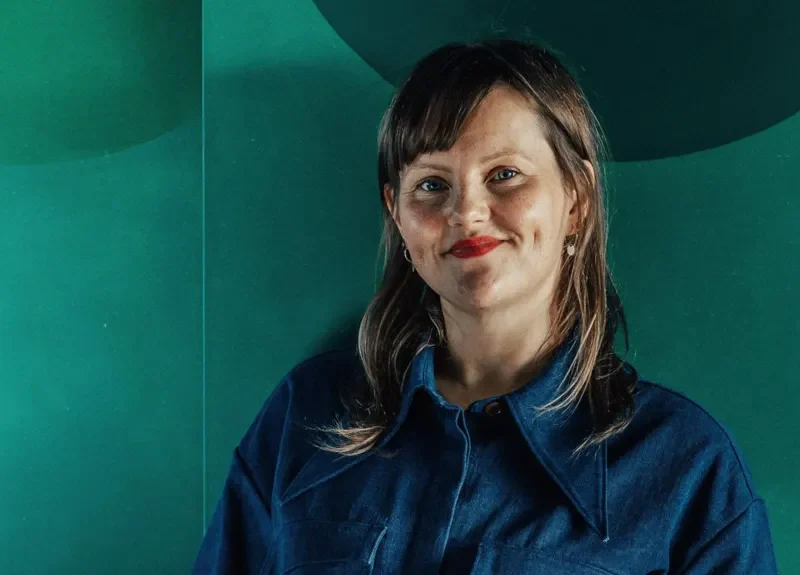Sabine Zetteler remains unconvinced about the benefits of AI.
She recently came across a phrase that deeply resonated with her: “Why would I bother to read something someone couldn’t be bothered to write?”—a sentiment she says mirrors her own stance.
Zetteler, who runs a London-based communications agency with a team of roughly 10 (some full-time, others part-time), questions the purpose behind AI-generated content:
“What’s the point of sharing something we didn’t actually create, or consuming news, music, or communication produced by machines? Should I make extra profit by replacing my admin—who has four children—with AI? Where’s the heart or ambition in that?”
She feels that such choices hold no meaning for her personally or professionally. Zetteler is one of many choosing not to embrace AI, despite the technology’s rapid rise following the late-2022 debut of ChatGPT.
Since its release, ChatGPT and its competitors have seen massive uptake, with ChatGPT drawing over five billion visits monthly, according to Semrush.
However, the environmental cost is significant. Training and operating tools like ChatGPT consumes vast energy. A Goldman Sachs report notes that each ChatGPT request can use up to ten times more electricity than a standard Google search.

Florence Achery is concerned about AI’s environmental footprint.
Some find AI’s rise troubling—including Florence Achery, who runs Yoga Retreats & More in London. For her, the technology’s environmental toll is a key reason to avoid it.
“My first thought was that AI feels soulless and goes against everything my business stands for—genuine human connection,” she explains.
But it was learning about the heavy energy demands of AI data centers that solidified her decision. “Most people don’t realise how damaging it is to the environment,” she adds.
Sabine Zetteler also acknowledges AI’s potential to do good—such as aiding the visually impaired through translated content—but she remains skeptical of its broader societal impact.
She questions whether short-term gains, like cost savings, are worth the long-term consequences. “Sure, I could fly my team to Milan on budget airlines and save money. But does that really define success? What about our social contribution or peace of mind?”

Sierra Hanson believes AI may weaken our ability to think critically.
Sierra Hansen, based in Seattle and working in public affairs, chooses not to use AI due to concerns about its impact on human cognition. She believes relying on AI for simple tasks erodes problem-solving skills.
“Our brains are built to organise our lives—not to hand that over to AI Copilot,” she says. “Critical thinking is our responsibility. If you let AI handle basic tasks, you’re not thinking anymore—it’s doing it for you. And when I want music, I don’t need AI generating the perfect punk rock album.”
Others, however, don’t always have the option to opt out.
Jackie Adams (a pseudonym), a digital marketer, initially avoided AI for environmental reasons and viewed its use as lazy.
“The energy consumption and land use for data centers didn’t sit well with me,” she recalls. But as her coworkers started using AI for content creation and idea development, she was eventually pushed to follow suit—especially after facing budget cuts.
“Once it was out of my hands, I had to adapt,” she explains. “It became clear I’d be left behind if I didn’t gain AI experience. Now I see it differently—it enhances my work.” She now uses AI to refine writing and edit images.
According to James Brusseau, a philosophy professor at Pace University focused on AI ethics, the time to reject AI may already be gone.
“If we care about knowing why a decision is made, humans will still be needed—like in courtrooms or for medical decisions. But tasks like weather forecasting or anesthesiology? Those may soon be AI-driven.”
Even as she adapts, Adams admits she feels uneasy. “AI is everywhere now—from Google search summaries to email highlights. It’s like we’ve lost control. How do I turn it off? It just keeps growing.”











